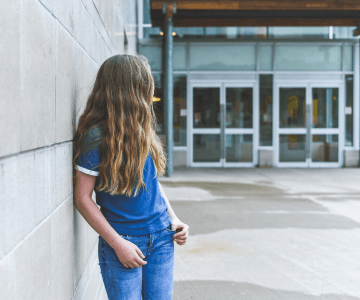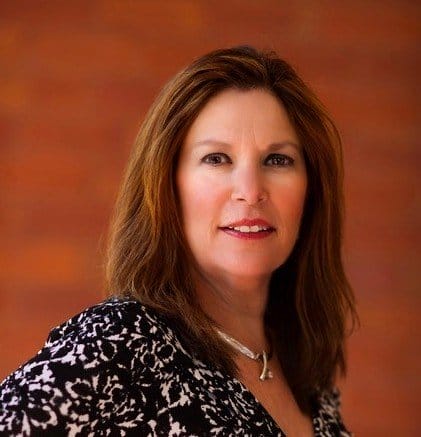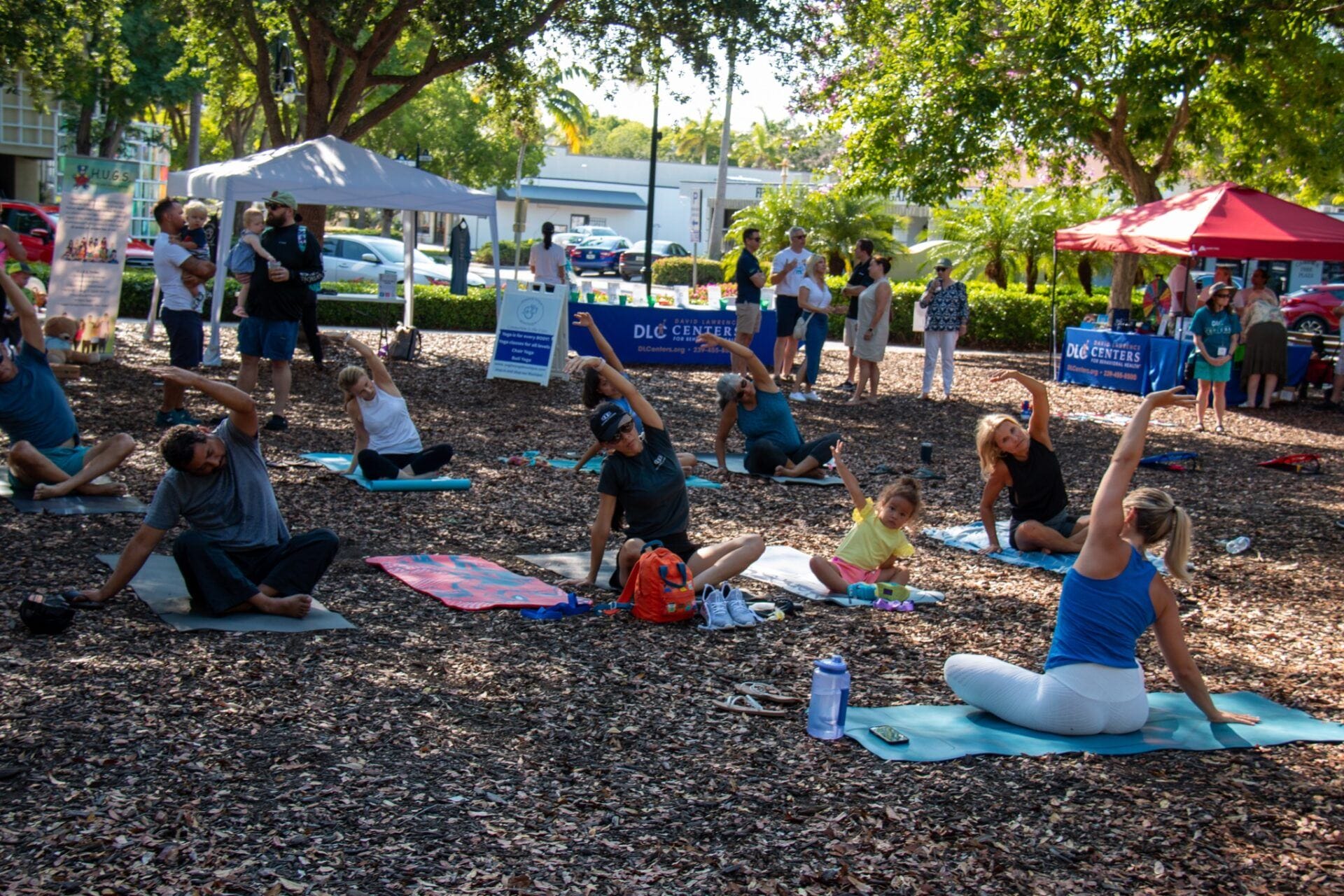
Q&As with DLC’s Prevention Team
Our DLC Prevention Team provides insight on how to identify and discuss anxiety with your child, and clears up confusion over CBD products.
Q: My daughter is in 8th grade and appears to be struggling with anxiety. I’m not sure why. She has been attending the same middle school since 6th grade and has the same group of friends. I don’t know how to help, what can I do?
A: Fortunately, your daughter is not alone! Anxiety is common among adolescents for many reasons. It can be difficult for adults to understand why young people experience high levels of anxiety; their troubles can seem minor, or not worth worrying about.
The developing brains of young people handle situations much differently than an adult brain. They feel things much more intensely and combined with impulsivity (thanks to their frontal lobe not being fully developed), it can appear like they often make a mountain out of a mole hill. However, it’s important to validate their feelings. Often, listening is what they need most…but try to listen nonjudgmentally. They may not be looking for advice, or want to hear your opinion, but may just need to be heard.
For example, have a supportive conversation with your daughter about what things are making her feel anxiety. Is it test-taking? Is a performance or high-pressure situation coming up? Is she feeling overwhelmed by the thought of heading into high school next year?
Hear her out and be encouraging. Explain that anxiety is a normal feeling, but it needs to be managed properly. Work on ways she can cope with anxiety in a variety of situations. What would work while in the classroom compared to being at home?
Teens may also disclose the use of substances, like alcohol or marijuana, due to feeling anxious. If she does mention this, don’t react negatively. Instead, be thankful that she shared honestly and ensure you maintain trust so that she feels comfortable coming to you again. Then, explore reasons why using substances causes more harm than good and help identify alternative, positive ways to manage those feelings.
Working through anxiety is difficult, but we grow and learn so much through feeling it. We build our confidence when tackling hurdles and discover things about ourselves we may have never known. Encourage her to face those things that make her anxious, but if she chooses to avoid them, work on a goal together and establish small steps toward overcoming what troubles her.
If your daughter appears to be taking steps in the opposite direction—isolating herself, appears withdrawn, not taking care of hygiene, not sleeping or eating, etc.—consider professional means like linking with David Lawrence Centers, or speaking with her school counselor.
Q: I recently found a vape pen in my son’s pants when doing laundry. When I asked him about it, he said it was CBD oil, which is legal. What is the deal with CBD and how is it related to marijuana?
A: CBD stands for cannabidiol, one of the many chemicals found within the marijuana plant. Unlike THC, tetrahydrocannabinol, CBD is not a psychoactive chemical—it does not have the psychological effects that THC does. While CBD products are legal to use by individuals 18 years or older (21 or older in many areas), they do contain trace amounts of THC. The legal limit is 0.3 percent or less. CBD has to be extracted from the marijuana plant, which is incredibly difficult to get on its own. Think about decaffeinated coffee—the caffeine has been extracted, but there is still a minimal amount of caffeine remaining.
A big concern with CBD products is that there is very little research documenting the effects of prolonged use—much like vaping in general! Vaping has been pushed as a healthier alternative to smoking, but we now have research that proves it is just as harmful. Imagine what can happen in the next five or 10 years of studying CBD use; we may see health problems that were not considered or known before.
The effects on the brain is one component that is of the upmost concern, especially on the developing brain. The FDA has approved one CBD medication, Epidiolex. This has been tested and clinically proven to help individuals who suffer from two types of epilepsy. The FDA does not support any other CBD products.
A few things come to mind when thinking specifically about your son.
First, are you sure it was not THC oil? To the untrained eye, the oils can look similar and THC oil doesn’t have a strong odor typically associated with marijuana. Sadly, more and more young people are getting their hands on not just CBD oil and vaping devices, but they are using THC oil at a higher rate, too.
Second, I am not sure how old your son is, but if he is 25 years or younger, his brain is still developing—specifically, the frontal lobe, which is responsible for decision making, judgement, intuition, and many other important functions. Impeding this development by using substances will impact these capabilities throughout his life.
Third, vaping is harmful no matter what is being vaped. We tend to think of water vapor when we hear the word vaping, but it is much more than that. Thousands of chemicals are being introduced to the body. Recent problems have included cardiac arrest, seizures, collapsed lungs, strokes, and more. Discuss these thoughts with your son in a supportive way and from a concerned point of view.
Oct 03, 2019 | Blog, Mental Health



